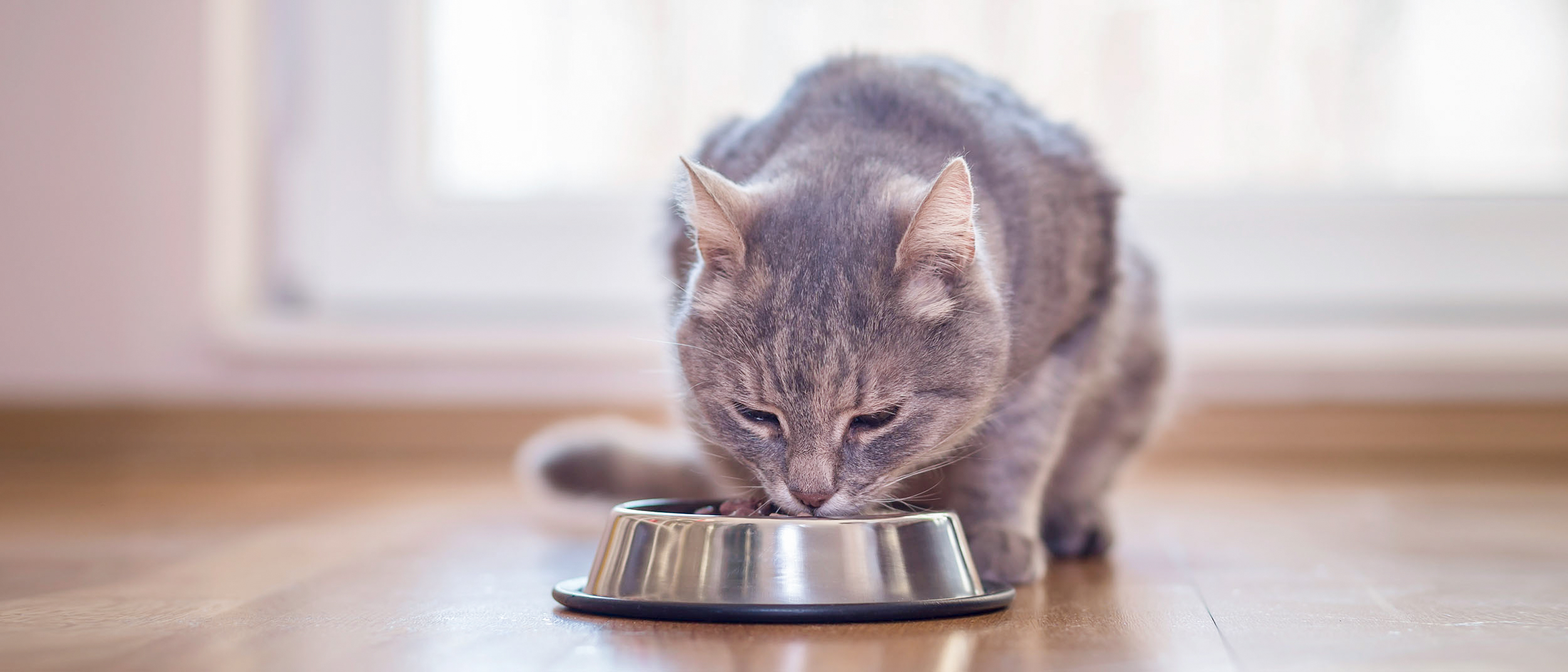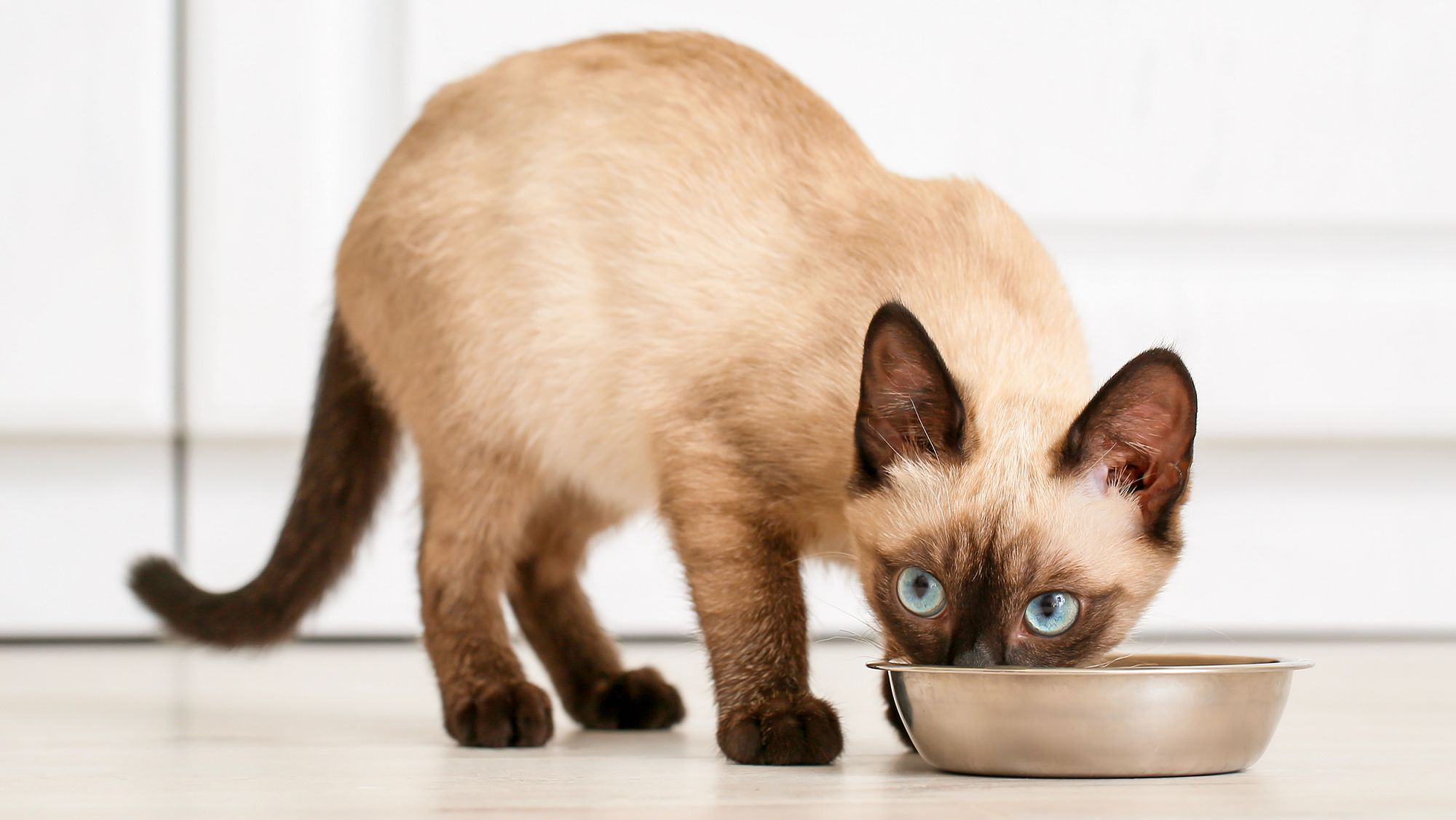How to help your cat gain weight
Article

After surgery, illness or another difficult event, you may find your cat is below their ideal weight. Getting them back up to a lean, healthy weight is important for their wellbeing and for the vital functioning of their organs—and it requires the right mix of diet and feeding routines to do so.
The ideal weight for your cat
Knowing your cat’s ideal weight is key before you start them on a weight-gain diet, as it can be easy to overfeed your cat and for them to become overweight, which brings with it a range of health complications. Speak to your veterinarian about what your cat’s ideal weight should be, and what time frame you should work to in increasing their weight.Looking after your cat’s digestion during weight gain
If your cat has lost weight through illness, it’s essential you don’t overwhelm their digestive system during weight gain. A cat’s digestion is more sensitive than a human’s, and unable to cope with a varied diet—these lead to stomach upset and even further weight loss.It’s also important to get the right balance of nutrients in a weight-gain diet so their system doesn’t become aggravated. For example, while energy-dense fat can help your cat gain weight, it can also cause diarrhea. Similarly, protein—needed for cell growth—should be high quality and highly digestible to reduce the workload on their system.

Your cat’s diet during weight-gain
To help your cat gain weight, it’s not a good idea to just give them more of their current food. Their system may not be able to cope with large portions, and their appetite is likely to be low so they may not eat it at all. Extra portions of food also may not provide the specific nutrient balance your cat needs to gain weight or recover after sickness. For example, they may benefit instead from a specific diet with added prebiotics to help rebalance their gastric microflora and strengthen their digestive health.
Your cat’s weight-gain food should have a high energy density. This allows your cat to eat less but still get everything they need from their diet. It should also be highly palatable to stimulate their appetite, and easy to eat; correctly sized kibble or softer textured food can encourage your cat to eat their food.
How to feed a cat to help them gain weight
It’s important your cat feels stress-free and comfortable during mealtime so it starts to eat regularly and gain weight. Some of the ways you can do that include:
Splitting their daily portion into smaller meals you put down regularly
Heating up their food to release the aromas and encourage their appetite
Avoiding watching your cat eating, as they can find this stressful
Considering what they like to eat from (like a favorite bowl) and making it easily accessible
Separating their food, litter, drinking and playing areas to mimic what they would do in the wild
Talking to your veterinarian about appetite-stimulating drugs for your cat
Your veterinarian will be able to advise you on the best ways to make sure your cat gains the right amount of weight and maintains a healthy lifestyle. Make sure that you book an appointment with them if you’re unsure of the best course of action.
Find a vet
If you have any concerns about your cat’s health, consult a vet for professional advice.
Like & share this page